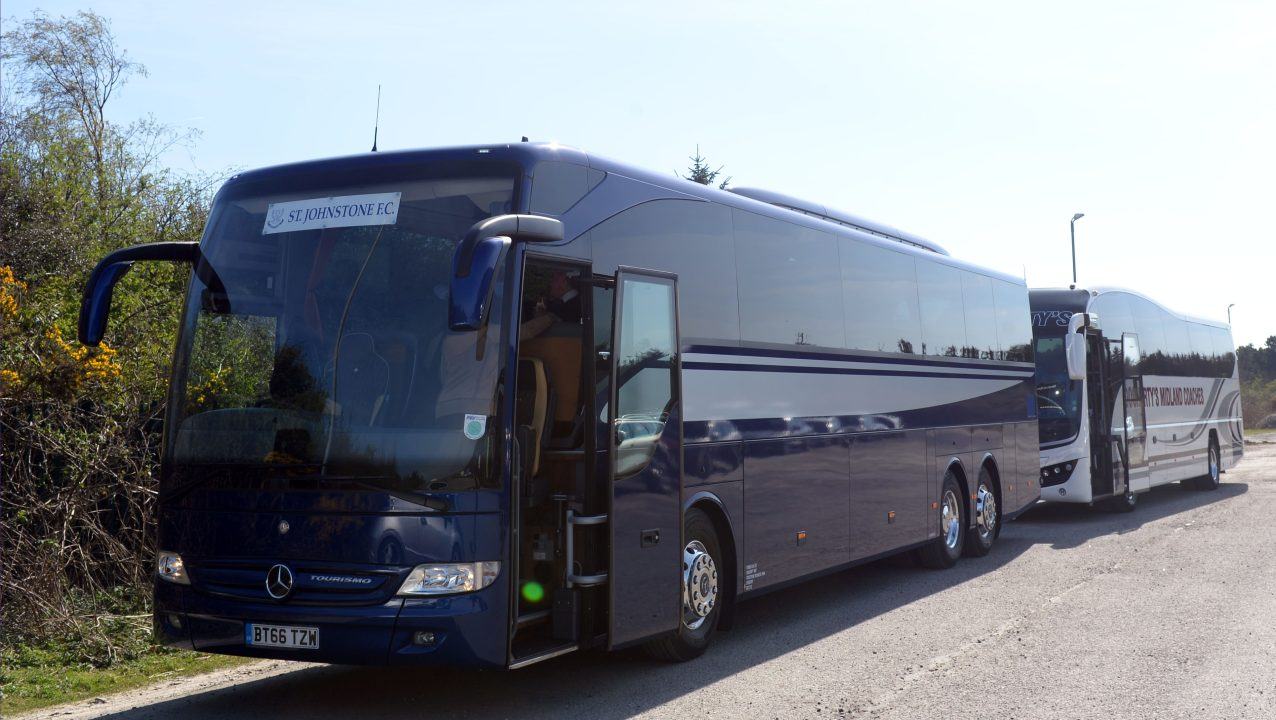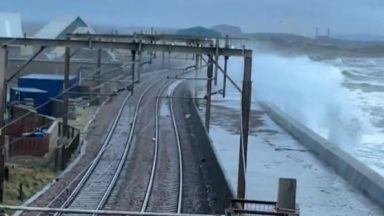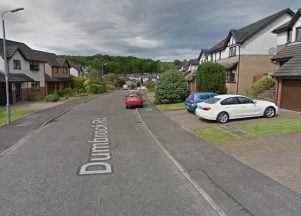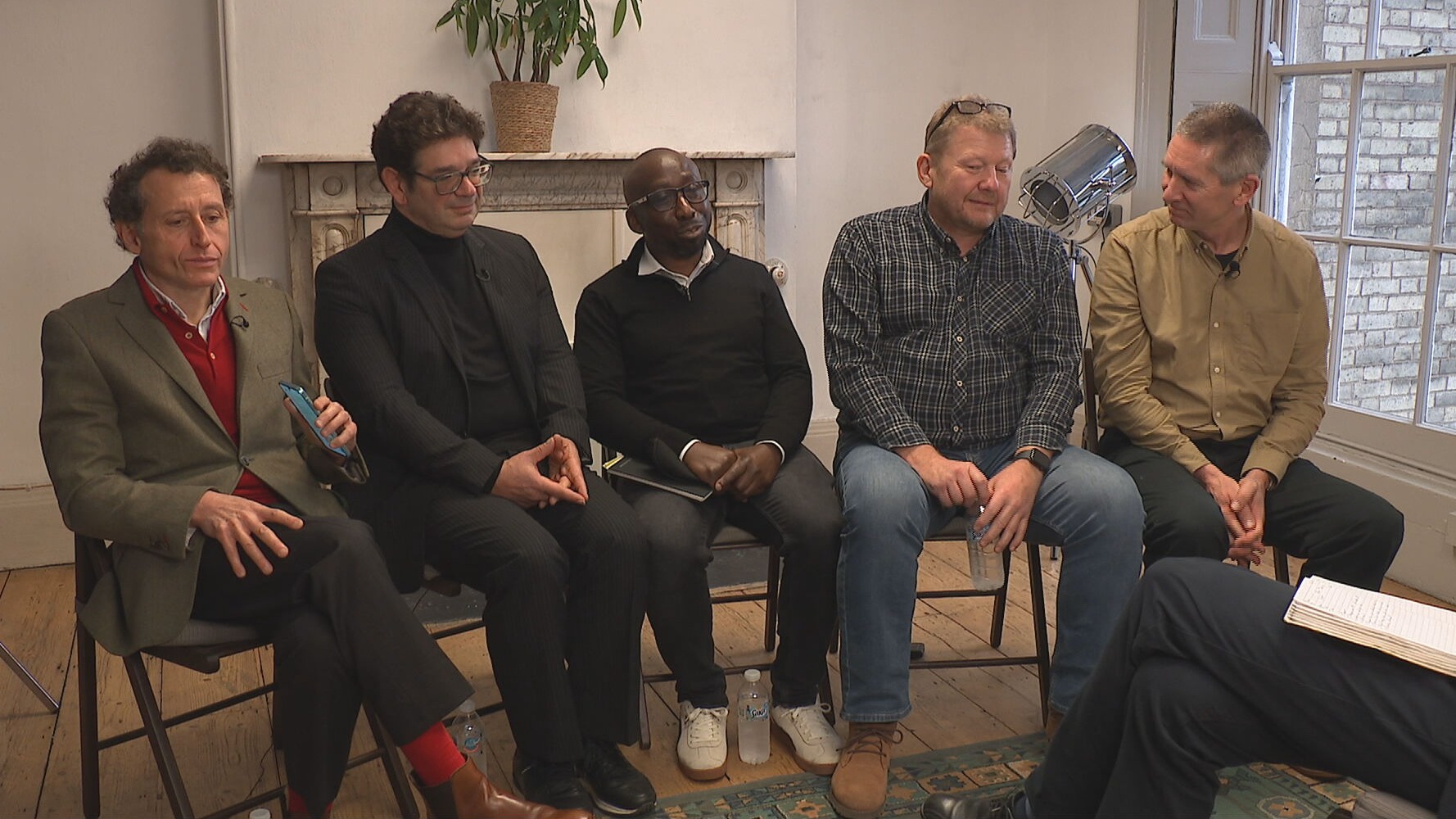It’s rare for any issue to unite fans of every club, as well as politicians from opposing parties and the three major football authorities.
With one document of just over 1,600 words, the Traffic Commissioners of Great Britain have gone from being a public body few have heard of, to the subject of widespread criticism and ire.
The organisation has published proposals to change the guidelines around supporters’ buses in Scotland, and the plans have been described as “draconian”, “dystopian”, “unworkable” and “misguided”.
If introduced, the changes would have an impact on every fan travelling by bus to a game in a country that has the highest number of football supporters per capita of any nation in Europe.
So what’s being proposed and why is there an uproar? We’ve looked at the questions supporters are asking.
Where is this coming from and is it a change to the law?
The Traffic Commissioners for Great Britain, as the name suggests, isn’t a body whose primary business is in policing football fans. The organisation is the regulator for heavy goods vehicles, local bus services and, crucially, private hire coaches.
The body is proposing voluntary guidelines which, while not law, would be followed by commercial vehicle companies who aren’t likely to go against the recommendations of those responsible for licensing and regulation. In the event of any disturbances or problems, action would be taken against coach operators, not supporter’s clubs or individual fans.
The new proposals aren’t being put forward by Scotland’s Traffic Commissioner, but by Richard Turfitt
Senior Traffic Commissioner for Great Britain, after the guidelines were introduced in England and Wales several years ago.
What problem is being addressed?
The intent is to tighten up the management and control of football buses, and minimise any trouble with fans, primarily related to alcohol.
Scots law already makes it an offence for an operator to knowingly cause or permit the carriage of alcohol on football buses but the proposals take restriction a step further by trying to manage drinking while passengers stop at pubs to break up their journey.
And while there is existing law forbidding fireworks or other pyrotechnics at sporting events in Scotland, the new guidelines would add checks on supporter buses.
The proposals themselves state that there is no widespread problem but say: “The majority of football fans are law abiding and do not intend to cause disturbances whilst travelling to or from games, but a small minority can be disruptive and impact the enjoyment of others”.

What exactly is being proposed?
The Traffic Commissioner is making ten proposals, of varying significance. In turn they are:
a) Bus operators would have to notify a Dedicated Football Officer (DFO) with details of every coach and provided the number of expected passengers/supporters and the name and number of the person who made the booking 48 hours before travel.
b) Buses are not to stop within 10 miles of their destination unless permission is obtained from the Dedicated Football Officer. So a bus carrying supporters from the north or east coast to a cup final at Hampden wouldn’t be able to stop anywhere in Glasgow apart from the designated parking at the national stadium.
c) Unless directed by a police officer, buses are not allowed to stop at a pub for the purposes of fans getting an alcoholic drink unless it’s sold alongside “a substantial meal”. And permission for a meal stop of that nature would have to have prior approval from the Dedicated Football Officer.
d) Buses shouldn’t arrive at venues more than two hours before a game, and not less than an hour before kick-off.
e) Supporters can’t be picked up or dropped off anywhere except “authorised locations” unless police permission is granted.
f) Buses must leave a venue within 30 minutes of “the event” finishing.
g) Bus drivers and operators are to follow all reasonable police instructions, including what route to take and where to stop.
h) Alcohol and pyrotechnics will be banned on supporter buses and drivers will check fans aren’t “obviously” carrying either. While drivers won’t be expected to carry out searches, a condition of travel may be consent that a voluntary search “may be undertaken”.
i) Bus drivers will be expected to notify the Dedicated Football Officer of an discriminatory chanting or singing, or any of “an otherwise grossly offensive or inflammatory nature” during the journey.
j) Safeguarding for minors will be established, with at least one adult nominated as responsible for children on board.
What has the reaction been?
Predictably, fans have been quick to voice their opposition on social media, with many questioning why football is being singled out for special treatment.
Derek Watson tweeted “The draconian proposals put civil liberties at risk. They must be opposed,” while Neil Larid called for action to oppose “these draconian, dystopian and downright disgraceful proposals that infringe the civil liberties of football supporters in Scotland”.
But it isn’t just supporters who have spoken out.
A joint statement from the Scottish FA, Scottish Professional Football League, and Scottish Women’s Premier League said the proposals were “unnecessary and heavy handed”.
A statement read: “There’s no evidence that this is a significant problem in Scottish football. We are concerned by the targeted nature of these proposals, which serve to demonise football fans and interfere unnecessarily in people’s lives.
“In Scotland, there are already appropriate powers held by PHV operators, Police Scotland and other partners to deal effectively with a very small number of incidents by a minority of fans.
“The consultation itself notes that the majority of football fans are law-abiding and do not cause any disturbances when travelling to or from games, yet these proposals would unfairly affect the vast majority of football fans who travel safely and respectfully to and from matches on a weekly basis.
“We don’t support these unnecessary and heavy-handed proposals and we will be making our views clear in the consultation.”
And politicians were also quick to slam the plans.
First minister Humza Yousaf said: “I have no idea where they have come from.
“They’ve come without any consultation with the Scottish Government, as far as I can see, no consultation with Scottish football clubs – they seem completely unworkable.
“My (sport) minister Maree Todd… will be writing to the UK Government and to the traffic commissioner to understand where these ludicrous proposals have come from.”
Scottish Conservatives leader Douglas Ross, who is also a Scottish FA assistant referee, tweeted that “completely disproportionate” and “make no sense”, adding he had expressed his view to the UK Government.
National fans’ representative body Supporters Direct Scotland also laid out a detailed opposition, stating that the hospitality industry would be affected by the proposals, and that it would discourage the use of public transport when people were trying to act responsibly over the climate emergency.
The fans’ group added that Scottish football should be subject to Scottish legislation and that any legislation targeting only football fans would be discriminatory and unacceptable.
Supporters’ Direct also drew attention to complaints about the guidelines in England and Wales detailed by the Football Supporters Association.
So what happens now?
The guidelines are just proposals at this stage and have been published as part of a consultation process that runs until November 24.
The proposals state that “The Senior Traffic Commissioner is particularly interested to hear views on whether the voluntary guidelines as proposed (and currently adopted in England and Wales), 1) are proportionate and appropriate to introduce for games within Scotland; and 2) require amendment to reflect a particular position or issue in Scotland, and if so what that position or issue is and the suggested amendment.
The full document, and details of how to respond, can be found here.
Follow STV News on WhatsApp
Scan the QR code on your mobile device for all the latest news from around the country






























